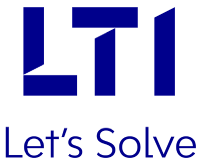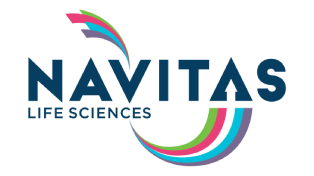Browse jobs by
Industry
Browse jobs by
Location
Most Popular Jobs
See All Jobs

Hadron’s success in
Numbers
2K+
Successful Placements
10K
Active Candidates
Get your Resume Reviewed
Get your resume reviewed by our experts for better opportunities

Dream Job
Recently Added Jobs

Looking for new remote opportunities?

Looking for new remote opportunities?

Looking for new remote opportunities?

What candidates are saying about us

My personal counsellor at Hadron is a kind and outstanding person. She is quite ... Read More
Zeynep

I have been working for Hadron for the last 2 years. It has been a pleasure to ... Read More
Brian Winters

Hadron has given me awesome support throughout the whole recruitment process. My... Read More
Jeronimo Carlos

My consultant has supported me throughout the recruitment process, always ensuri... Read More
Pablo Reis

Dream Hire
Looking for New Talent?
We have a strong pipeline of IT professionals. And, always offer client-tailored internal technical screening, as well as, HR coaching of Candidates.

Take the next step In your career
Lorem ipsum dolor sit amet, consectetur adipiscing elit, sed do eiusmod tempor incididunt ut labore et dolore magna aliqua. Ut enim ad minim veniam, quis nostrud exercitation ullamco laboris nisi ut aliquip ex ea commodo consequat. Duis aute irure dolor in reprehenderit in voluptate velit esse cillum dolore eu fugiat nulla pariatur. Excepteur sint occaecat cupidatat non proident, sunt in culpa qui officia deserunt mollit anim id est laborum.
-
Certifications & Courses
-
Career
Counselling -
Resume
Services
Are you paid fairly?
Know Your Worth
We're Partners with companies of various sizes, across Industries. Join us!














 Permanent
Permanent
 Aachen
Aachen


